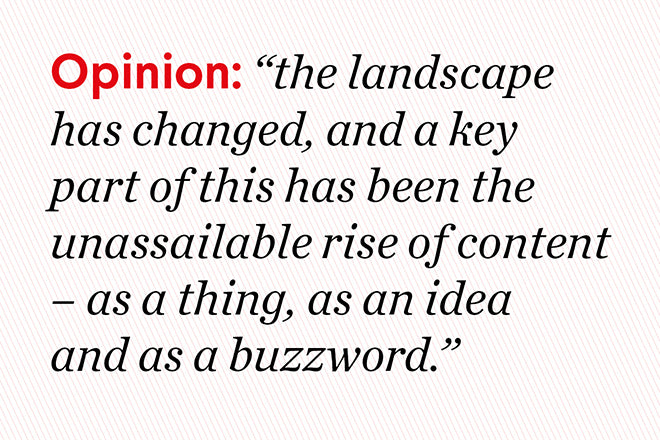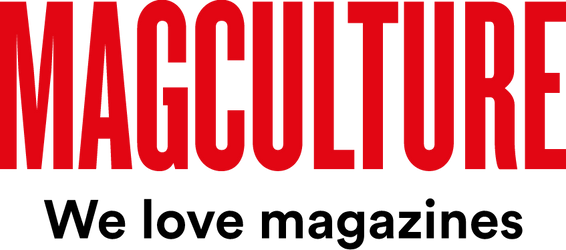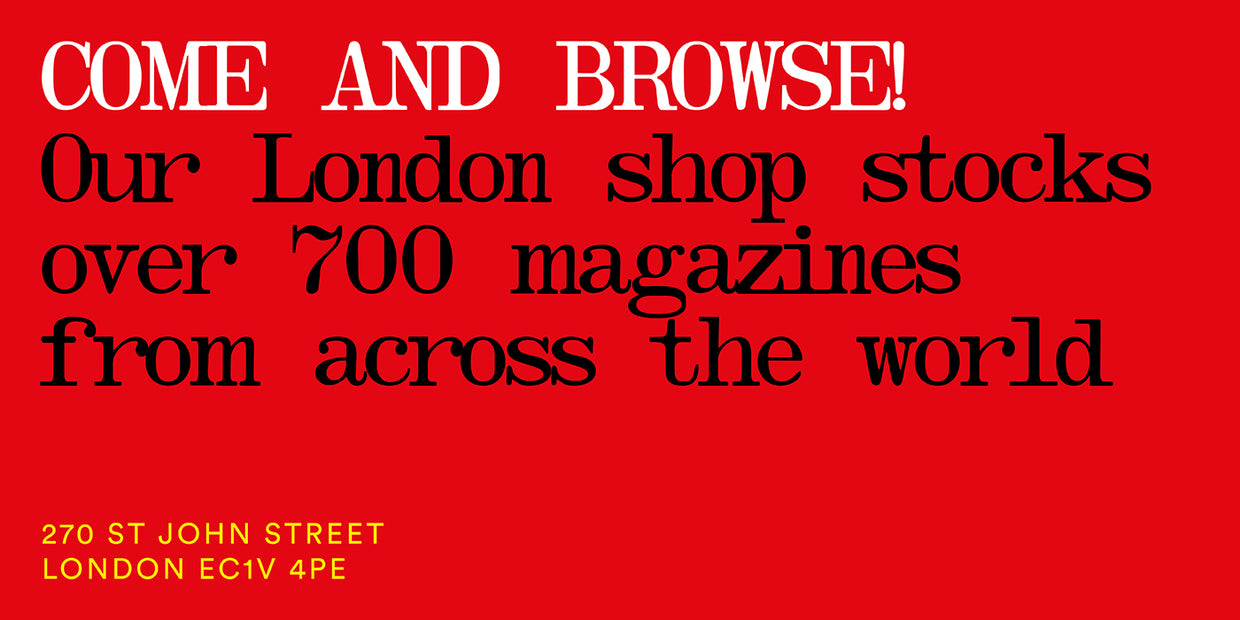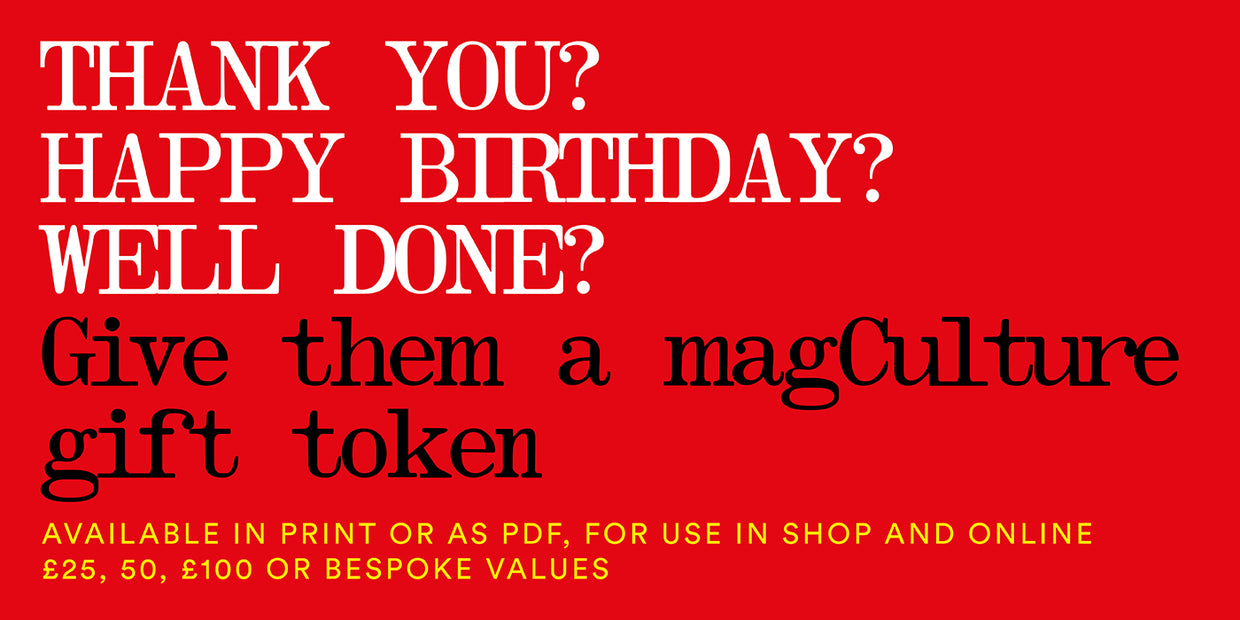
The trouble with Content
This month, guest contributor Rob Alderson questions the trend to dismiss the word ‘Content’.
On Monday, The Guardian published its list of the 100 most influential people working in the media today. The top three were Facebook’s Mark Zuckerberg, Google’s Larry Page and Apple’s Tim Cook (fourth, if you’re interested, was smugness’ George Osborne).
Lists like this are by their very nature subjective, but even so there was broad agreement with The Guardian’s top three, although things became much less consensual as you went down the list.
But regardless of which Jeremy – Corbyn or Clarkson – should have ranked higher, the list underlined once again the ways in which the media landscape has changed, and a key part of this change has been the apparently unassailable rise of content – as a thing, as an idea and as a buzzword.
The backlash has been building for a while. For some people, the word itself is the problem. Content, they maintain is a reductive way of thinking about editorial and creative output. Greg Satell summed this up well on Harvard Business Review where he wrote: “We never call anything that’s good ‘content.’ Nobody walks out of a movie they loved and says, ‘Wow! What great content!’ Nobody listens to ‘content’ on their way to work in the morning. Do you think anybody ever called Ernest Hemingway a ‘content creator’? If they did, I bet he would punch ‘em in the nose.”
As much as I like the idea of Old Papa Hemingway becoming the lodestar for modern-decision making (we could have What Would Ernest Do? bracelets), this is an odd argument. I don’t love the word but it’s a useful catch-all term to describe what a lot of us do. I don’t find goulash a particularly pleasant word, but I enjoy a Hungarian stew as much as the next person. Also, nobody is suggesting that it’s replacing words like music and film, or that content creator will replace writer or author.
In a widely-shared blog post, Dave Trott launched his attack on content from a different and altogether more interesting direction. He recalled being part of a panel discussing content and being frustrated/amazed that nobody could really say what it meant.
“No-one defined it because, to everyone else, it didn’t seem important to define it; it just seemed important to say it a lot,” he writes. “Gradually, I began to get the idea that what content actually is wasn’t important at all. Content is seen as just stuff. The stuff that goes into the space that’s there to be filled.” He argued that this dimly-defined idea of content now plays second fiddle to the ways by which it is delivered; his analogy was that the lorry had become more important than its cargo, which he sees as a fundamental shift.
In the magazine world, this discussion has been largely ignored. I get the impression it’s seen as a debate for marketing conferences rather than editorial teams, for The Drum rather than magCulture. Content, as a term, is rather sneered at. But increasingly it seems this one is for us as well.
At magCulture’s Modern Magazine conference, the focus was very much on “brand extensions” (yes I know you’re cringing again) and ways in which independent titles were experimenting with different platforms, different ways of telling the different stories and interacting with readers. Monocle has its radio station. Mushpit has a political party. Mondial encourages its readers to undertake a mid-winter bike ride. The Gourmand held a fashion show for dogs.
In November, The New York Times Magazine collaborated with Google Cardboard on a virtual reality device to screen its film The Displaced about four young people whose lives were decimated by war. I interviewed its photography director Kathy Ryan a couple of weeks before it was released and her excitement for the project was genuine and palpable. This wasn’t a “proper print” person railroaded into producing digital content by some be-trilbied audience engagement team, this was a senior creative at one of the world’s most famous magazines babbling in delight at this new outlet.
The danger with dismissing content as a word is that we also dismiss it as an idea. All of us who love magazines love that irreplaceable physical experience; holding, tearing, smelling, bookmarking, archiving; poring over. Sharing, not through a handily-placed Twitter button, but by carting a bagful of treasured issues over to a friend’s house and explaining IN GREAT DETAIL why what you’re about to show them is so special.
But times have changed and three tech geeks can now be named the three most influential people in the media without so much as a shrug. We need a new way of talking and thinking about what we do, and it seems that content will do just fine. The term might be limited but the things we can do in its name are anything but, whatever Hemingway might say.


